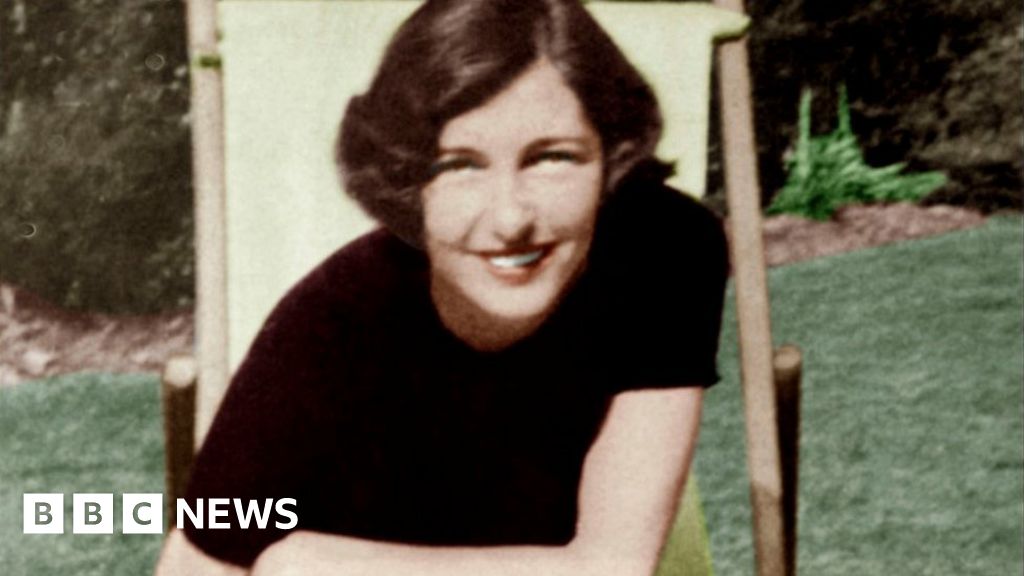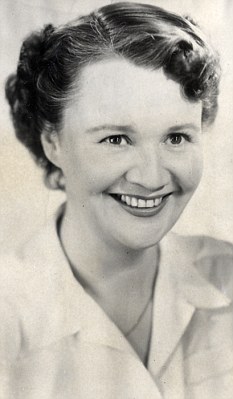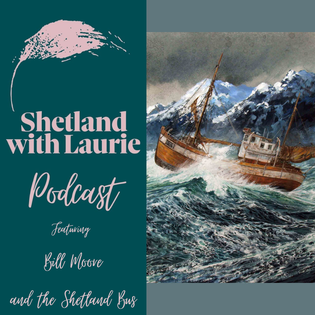After reading the following piece on the BBC website about Christine Granville, it occurs to me that maybe we need a thread dedicated to unsung heroes of WWII:


Christine Granville: The Polish aristocrat who was Churchill's favourite spy
Christine Granville risked her life in missions across Europe only to be killed by her former lover.
www.bbc.co.uk







